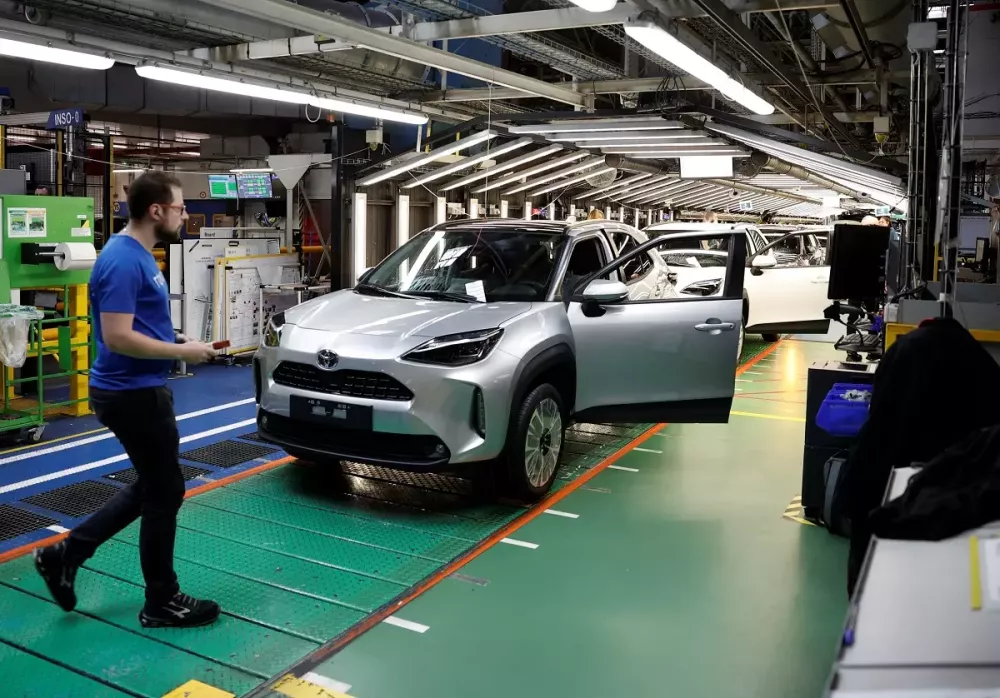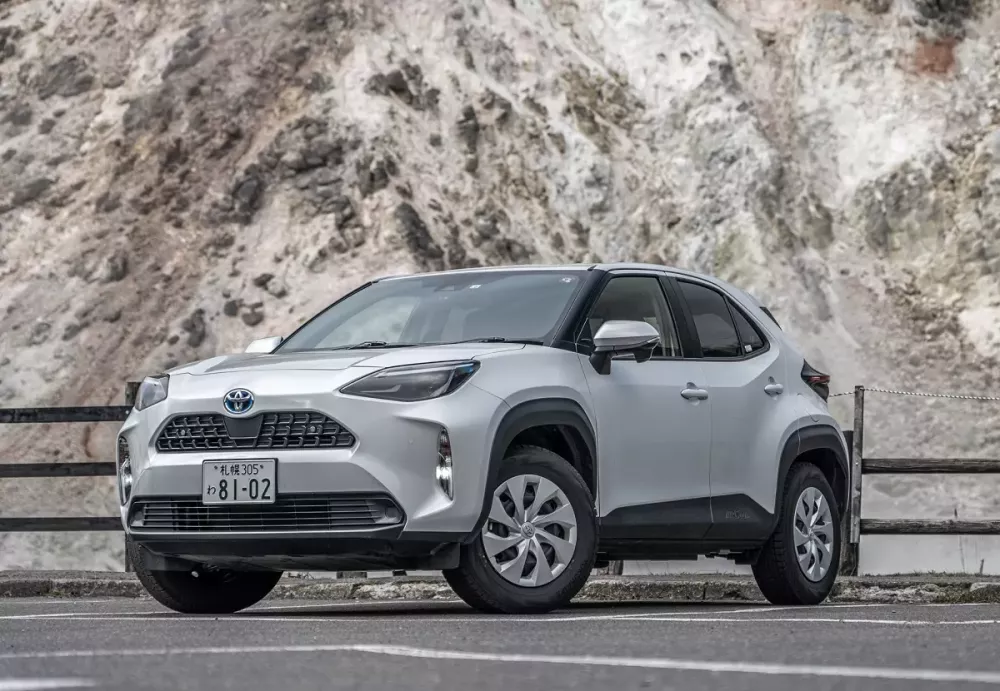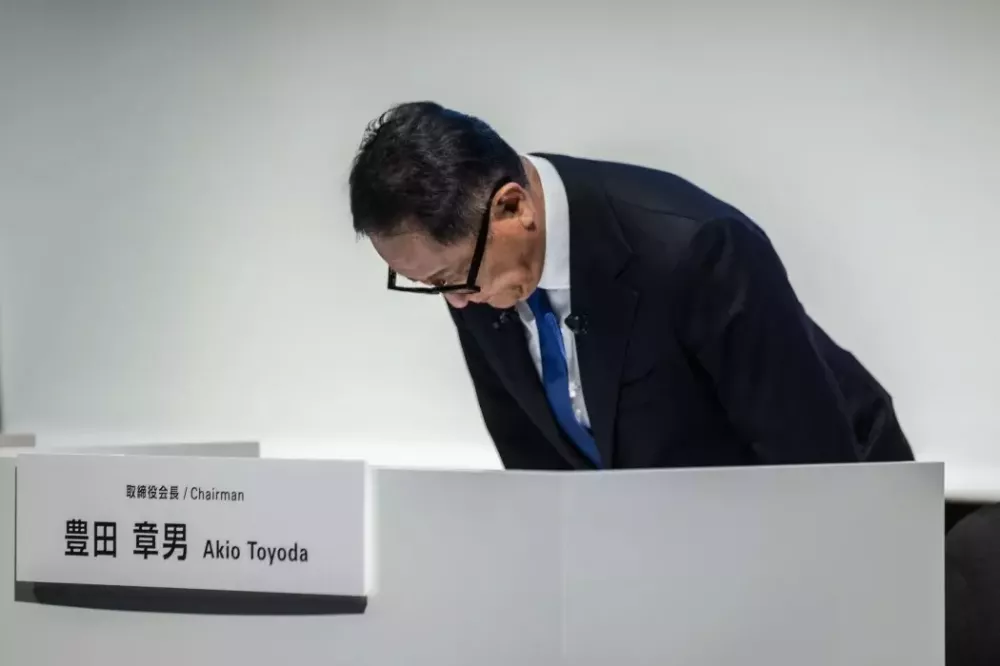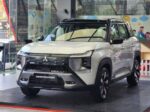In recent months, the Toyota group and its subsidiary, Daihatsu, have been embroiled in a series of car testing scandals. As of now, in addition to Toyota, this testing scandal has spread to other automakers, including Honda, Suzuki, Mazda, and Yamaha.
Specifically, according to information released on June 3, 2024, Japan’s Ministry of Transportation detected irregularities in the registration documents of several Toyota and Mazda models. They also found violations in the filings of Honda, Suzuki, and Yamaha. These automakers were found to have submitted inaccurate or manipulated test data when registering their vehicles.
The Ministry has ordered Toyota, Mazda, and Yamaha to halt the delivery of six models. They announced that they would conduct an on-site inspection at Toyota’s headquarters today, June 4, 2024.

The testing scandal widens as Toyota, Mazda, and Yamaha halt deliveries of six models.
These latest revelations came as the Ministry of Transportation requested automakers to investigate their certification filings following last year’s safety testing scandal involving the Daihatsu brand.
Toyota: Safety Testing Fraud
Mr. Akio Toyoda, Chairman of the Toyota group, revealed that their vehicles had not undergone proper certification processes before being sold. For instance, Toyota only measured collision damage on one side of the hood instead of both sides.
According to Toyota, their wrongdoing occurred during six different tests conducted in 2014, 2015, and 2020. The world’s largest automaker has halted the sale of three models produced in Japan due to issues with data related to pedestrian and occupant protection tests. These models include the Toyota Corolla Fielder, Corolla Axio, and Yaris Cross. Additionally, they have stopped selling four other models: the Toyota Crown, Toyota Isis, Toyota Sienta, and Lexus RX.

The Toyota Yaris Cross model involved in the scandal is unrelated to the namesake model sold in Vietnam.
Toyota is currently investigating issues related to fuel consumption and vehicle emissions. They aim to conclude this investigation by the end of June 2024. However, Toyota assures that customers do not need to stop using their vehicles as “there are no performance issues that violate laws and regulations.”
“As the person in charge of the Toyota group, I would like to sincerely apologize to our customers, car lovers, and all stakeholders for this matter,” said Mr. Akio Toyoda, the grandson of Toyota’s founder and former CEO, in a press conference.

Mr. Toyoda bows in apology during the press conference.
Mazda: Engine Data Fraud
Mazda has halted deliveries of two models, the Roadster RF (known as MX-5 RF) and the Mazda2 Hatchback, since May 30, 2024, after discovering that workers had altered the results of engine control software tests. They also found that the Atenza (Mazda6) and Axela (Mazda3) models had falsified results by using a timer to activate airbags in some frontal crash tests instead of relying on the sensors in the vehicles. These two models have been discontinued in Japan.
Honda: Noise and Power Data Fraud
Honda has discovered irregularities in noise and power tests conducted over more than eight years, up until October 2017, affecting more than 20 discontinued models. The affected Honda models include the Inspire, Fit, Fit Shuttle, Shuttle, CR-Z, Acty, Vamos, Stepwgn, Legend, Accord, Insight, Exclusive, CR-V, Freed, N-Box, N-One, Odyssey, N-Wgn, Vezel, Grace, S660, Jade, and NSX. These models were produced from 2009 to 2017.
Suzuki: Brake Distance Data Fraud
Suzuki was found to have falsified brake test results for the commercial lightweight version of the Alto model sold outside of Japan. The actual braking distance of this model was higher than what Suzuki reported to the authorities. The affected Suzuki vehicles were produced between 2014 and 2017.
Yamaha: Noise Testing Fraud
Motorcycle manufacturer Yamaha has also been drawn into the government’s investigation and was found to have conducted noise tests “under inappropriate conditions” for the YZF-R1 sports motorcycle currently on the market. Additionally, they made false statements regarding horn tests for two older models.
Approximately 1.7 million Toyota vehicles are affected by this scandal. The corresponding figures for the Mazda Roadster RF are 150,000 units, and for the Mazda2 Hatchback, 7,000 units. Honda revealed that about 4.35 million of their vehicles are impacted, while Suzuki has 26,000 affected vehicles.
This testing scandal involving major automakers is a cause for concern for the Japanese government. Yoshimasa Hayashi, the chief spokesperson for the Japanese government, called the misconduct “regrettable.”








































